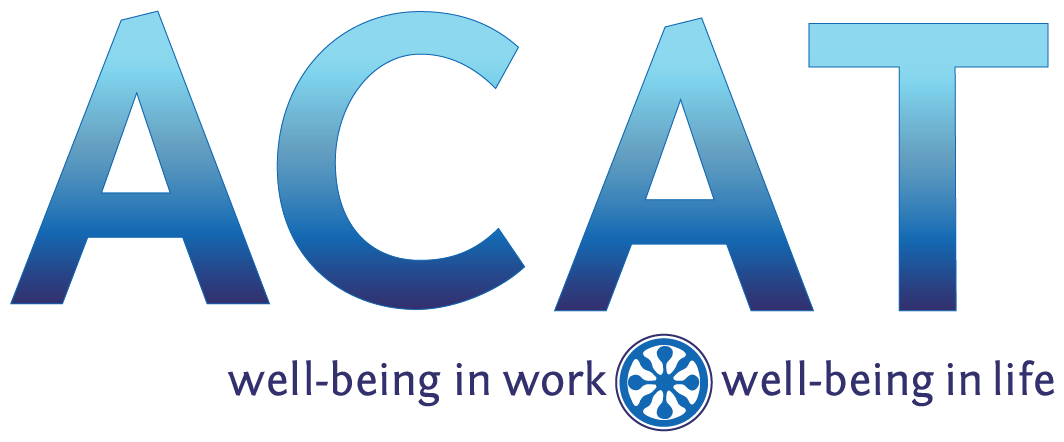 by Karen Krueger
Teaching the Alexander Technique can be lonely. After the structure and camaraderie of training, it can be daunting when we suddenly find ourselves having to create our own schedules, our own ways of self-care, continued learning and practice development.
by Karen Krueger
Teaching the Alexander Technique can be lonely. After the structure and camaraderie of training, it can be daunting when we suddenly find ourselves having to create our own schedules, our own ways of self-care, continued learning and practice development.
For me, the answer to this dilemma has involved connecting with other teachers and other professionals. The difficulties of creating a practice as a solo entrepreneur can lead us to view others solely as competitors, rather than potential collaborators. But there are many different models of collaboration being put into practice in our community. This blog post describes some of mine. At the next free member event at ACAT on October 20, we will explore this topic in greater depth. Please come, contribute your voice, and connect with fellow ACAT members.
The Many Benefits of Exchanges
My two weekly exchanges are my most important support. I also enjoy occasional exchanges with others, but there is something very special about the relationships that have developed through consistent, regular interaction with the same people, who are friends as well as colleagues. We share our questions and interests of the moment; experiment with different approaches (everything from where we put our hands to what we think and say); discuss challenges that we are dealing with in teaching; and generally have fun while honing our skills and taking care of ourselves. We also get to see each other, socialize, and support one another in practice development. We share practical information like where to find teaching space and what interesting workshops are coming up. These weekly meetings are a source of joy and well-being for all of us.
We also refer students to one another. I have several students who also work with one or more of my exchange partners. Occasionally we have had lessons with two teachers and one student—which is wonderful for all concerned, though perhaps not practical as a regular teaching model!
Other Collaborations
Many other forms of collaboration, both formal and informal, are possible. We can volunteer at ACAT's monthly free introductions to the Alexander Technique for the general public (the "Hands-On Demonstrations"). We can partner with other teachers to promote our work, or to develop our individual marketing approaches. We can team up with other professionals to reach people who might not otherwise hear of our work. For example, last year I taught a series of small group classes in a physical therapist's studio: she got her patients to enroll, and I showed up and taught. I learned a great deal and enjoyed the class, and several of the class participants went on to take private lessons with me.
Not every such effort bears fruit. I have done many things to promote the Alexander Technique and my own practice that have not resulted in an immediate influx of paying students. I keep making connections, though, because I believe that the more people have heard of our work and have some understanding of what it is and what it can do, the better for all of us.
Free Member Event: Building Your Practice Through Collaboration
If this topic interests you, I hope that you will join Michael Hanko, Anastasia Pridlides, Morgan Rysdon and me on Monday, October 20, 7-9pm, for "Building Your Practice Through Collaboration." We will explore ways to connect with others to create the support structures we need to thrive and grow as teachers. First, we'll hear from the panelists about how their various collaborations with Alexander Technique teachers and others have contributed to their teaching skills and helped them develop their practices. Then, we'll break into smaller groups so you can connect with others looking to support each other in various ways. I hope to see you there.
[author] [author_image timthumb='on']http://www.acatnyc.org/main/wp-content/uploads/2014/06/Kreuger.jpg[/author_image] [author_info]KAREN G. KRUEGER became a teacher of the Alexander Technique after 25 years of practicing law at two major New York law firms, receiving her teaching certificate from the American Center for the Alexander Technique in December 2010. Her students include lawyers, business executives, IT professionals and others interested in living with greater ease and skill. Find her at her website: http://kgk-llc.com. [/author_info] [/author]
